We often say: Tea should be brewed to reveal its true taste.
What is the true taste of tea?
Some people's idea of the true flavor may not align with mine, and differing levels of understanding can lead to misunderstandings.
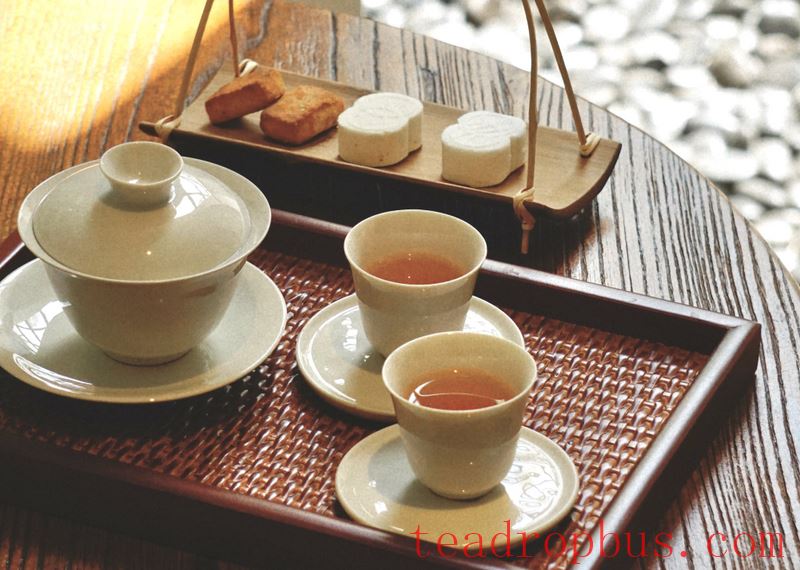
To know what variety of flavors a tea can offer and what is the best possible taste (the so-called true taste) of that particular tea, one must have tasted teas prepared by many different brewers from the same batch.
For example, if someone has carefully distinguished among similar teas and picked out their favorite flavor, that would be considered the true taste of that tea. With comparison and experience, their ability to discern becomes more accurate.
If someone is introduced to the first (and only) tea brewer who tells them that the tea they are drinking now represents the true taste of the tea, and they accept this without further reflection or additional experiences, they might misjudge the standard of the tea's “true taste” in the future because the information they received was not comprehensive enough. This is different from the approach of experienced professionals who provide students with a clear benchmark and a systematic approach, allowing for a richer accumulation of experience.
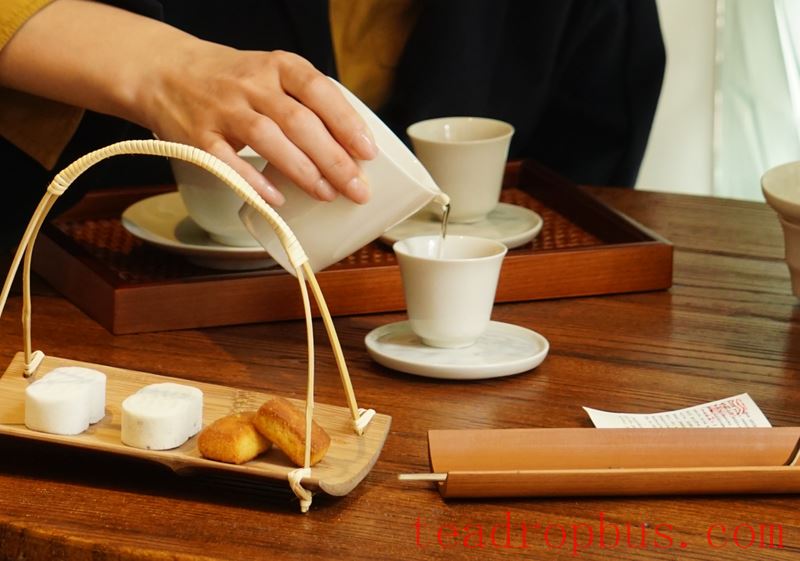
What is the taste that tea should have?
It is the flavor that represents the quality of the tea. People who understand tea and have experienced various types of tea can evaluate it and agree on a certain flavor as representative. That flavor then becomes the characteristic taste of the tea.
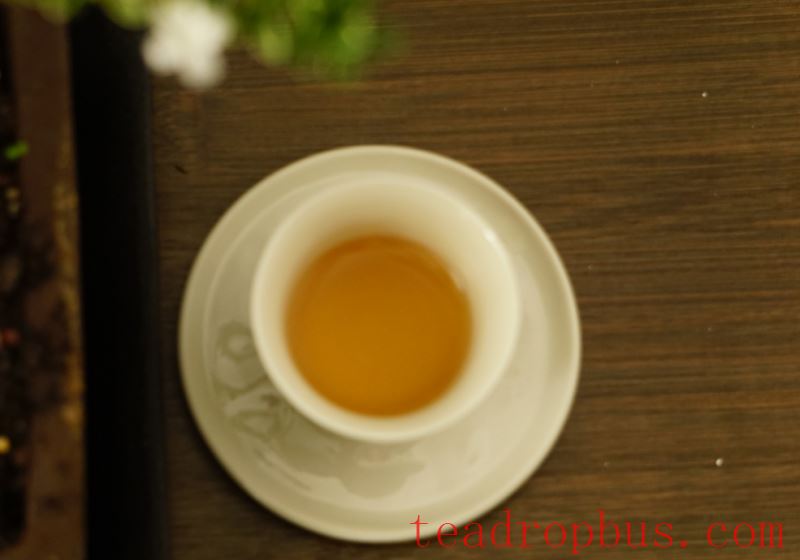
Those who have built a framework of knowledge about tea and truly understand it collectively determine the quality of each tea, which is a relatively objective stance.
Each tea has its own inherent quality, some higher grade, some lower. We must identify these differences, for instance, the top-grade A Green Tea has a fresh bud aroma and a pure taste, while a regular grade has a moderately fresh and clean taste, and a poorly made version will be harsh and bitter.
The tea brewer should bring out the top-grade aroma in the top-grade tea and the regular-grade aroma in the regular-grade tea. Only then can we say we are drinking the correct flavor.
A tea rated at 60 points might be brewed to produce a slightly better cup, such as 64 points, within the same grade, but it is impossible to Brew it to an 80-point level, beyond its grade.
If someone brews a 90-point tea into a 60-point cup, it is no longer within the range of the same grade. This is the situation where the tea does not exhibit the flavor it should have, and people would not agree: “This is not the quality of our tea.”
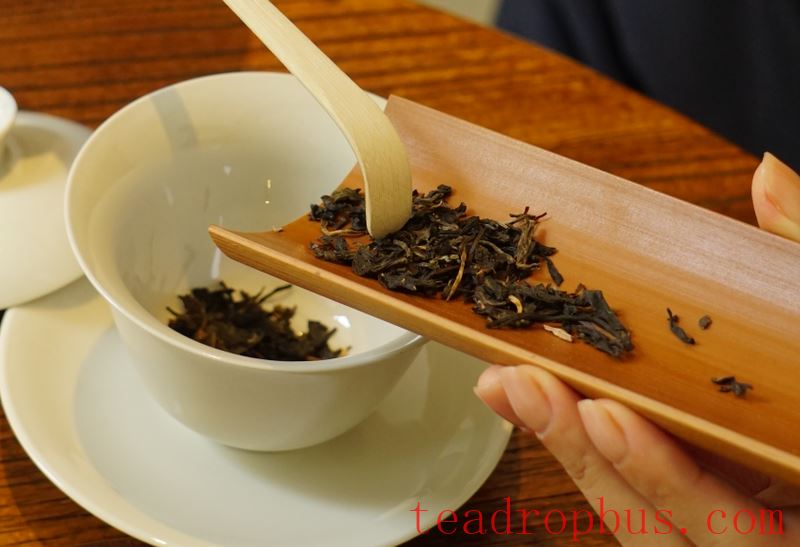
Even within the same grade, teas can be further differentiated. The nature of the tea is determined by factors such as the origin, soil type, climate, altitude, picking season, freshness and tenderness of the leaves, and the method of processing, all of which contribute to the distinct characteristics of a specific tea. For example, different regions of rock tea have unique flavors, some with exquisite floral aromas, others with splendid fruity notes. These characteristics must be brought out and appreciated to do justice to the tea.
Furthermore, we must be able to consistently reproduce the same flavor with every brewing of the same tea. This indicates a thorough understanding of the tea's nature and the ability to control its true grade, brewing it to enjoy its rightful flavor.
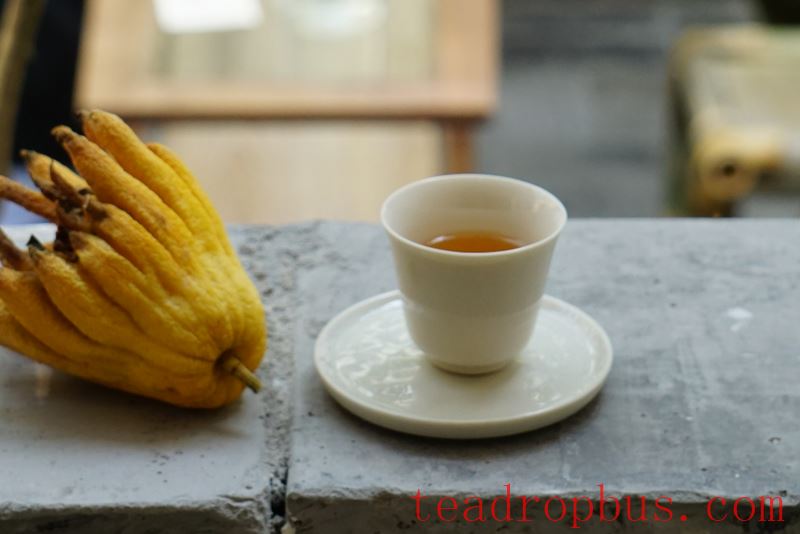
Different teas have their own distinct flavors, which cannot be fabricated by the drinker. Generally speaking, when making partially fermented teas from the same fresh leaf material, if the fermentation is insufficient, the finished tea will have a harsh, bitter taste; if over-fermented, it will lack the sweet aftertaste. The polyphenol content in the fresh leaves needs to be controlled just right for the flavor to be full-bodied and pleasantly sweet.
The texture of the tea broth can be lively, dull, or too bitter to be palatable, and these qualities cannot be hidden. For example, some teas have a subtle fresh downy aroma, while others have a sunny woody fragrance. As long as the brewed tea stays within the basic stylistic range of the tea, we can accept slight variations in the quality of the brewed tea. However, if a tea that should have a rich floral honey aroma is brewed to have only wateriness, or if a tea with a strong fruity aroma is brewed to be very weak, it cannot be claimed as “its special flavor.” This is a result of inadequate knowledge and poor brewing.
To truly appreciate the potential of a tea, one must taste it as brewed by a master. Only then can you fully realize the extent to which the tea can be enjoyed.
If there are any copyright issues, please contact us for removal.